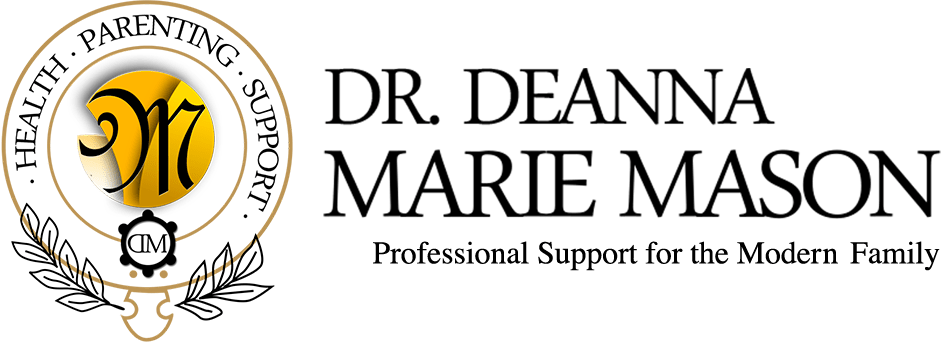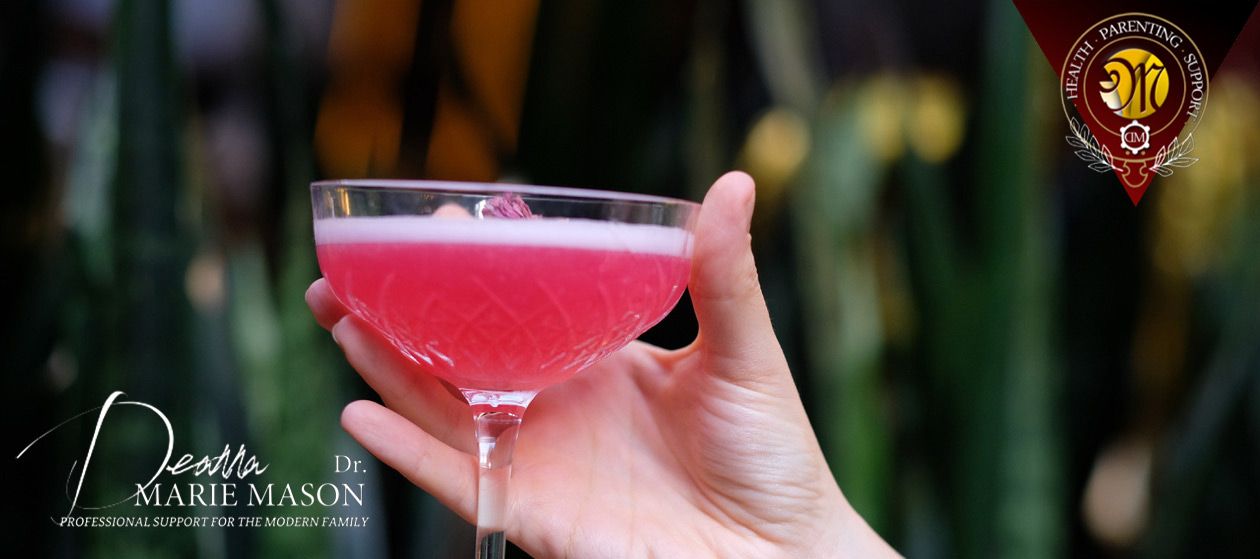Krista was exclusively breastfeeding her 4-month-old daughter, Lauren. At dinner Krista and her husband, Kent, would have a glass of wine while Lauren sat in her swing next to the table. After dinner, Kent would clear the table and clean the kitchen while Krista breastfeed the baby. One evening, Krista began to wonder if any of the wine she drank got to Lauren through her breast milk.
Some nursing mothers decide to drink alcohol while breastfeeding and the good news is that mothers who drink lightly (1 or less alcoholic beverages per day) can safely continue to breastfeed their babies. This is especially true if they eat while drinking. The rate at which the alcohol is absorbed into breast milk is slow and low. Babies of these mothers receive a negligible amount of alcohol from their mom’s breast milk that has been shown to have no negative affects on the baby’s health.
However, breastfeeding mothers who moderately drink (1-2 drinks per day) should take care to breastfeed before drinking and avoid breastfeeding for at least 2 hours per drink after consuming alcohol. This means that if a breastfeeding mom has three glasses of wine while catching up with friends, she should wait at least 6 hours before breastfeeding her infant. The old adage of “pump and dump” the breast milk for four hours after drinking does not sufficiently protect the infant from alcohol exposure.
For breastfeeding mothers who drink heavily (more than 2 drinks daily) or drink chronically should consider not breastfeeding. Studies have shown that heavy use of alcohol by breastfeeding mothers may negatively affect their babies. Symptoms may include excessive sleepiness, retaining fluids, and hormone imbalances.
Drinking alcohol has many affects on breastfeeding and breast milk, including:
- The amount of alcohol in the bloodstream is similar to the amount of alcohol in the breast milk;
as more alcohol enters the bloodstream, milk production decreases; - Drinking 5 drinks or more will decrease milk letdown;
- Nursing after 1 or 2 drinks can decrease infant milk intake by 20% leading to agitation and poor sleep patterns for the baby; and
- Breastfeeding after drinking alcohol may cause psychomotor delays in infants of moderate drinkers.
- Alcohol is a drug that influences how breast milk is made and released to the infant. Understanding this relationship can help you make the best decisions for your family while breastfeeding.
There is no way to drink alcohol and not have some of it in your breast milk. Not drinking alcohol is the safest option for breastfeeding mothers. However, only having one occasional drink and consuming that drink while eating will slow and minimize the amount that is transferred to your breast milk. If you decide you would like to have more than one drink or drink daily, it is best to wait at least 2 hours per drink before breastfeeding your infant. If you would like to have 2 or more drinks daily, it may be wise to speak to your doctor or health care provider to see if breastfeeding is appropriate for you.
If your baby needs to be nursed while your breast milk is unsafe from alcohol, give your baby some stored breast milk in a bottle. You can prepare for this situation by pumping breast milk before drinking. That way your baby will always have safe breast milk to drink while you enjoy having alcoholic drinks.
Consuming alcohol while breastfeeding requires understanding and planning to assure your baby’s safety. Following these tips will help you navigate the most common issues that can arise. Be sure to reach out to a lactations specialist if you have other questions or concerns.
Sources:
Centers for Disease Control. (2018). Breastfeeding and alcohol. Washington DC: U.S. Department of Health and Human Services. Available from: https://www.cdc.gov/breastfeeding/breastfeeding-special-circumstances/vaccinations-medications-drugs/alcohol.html. Retrieved October 23, 2019.
LactMed. (2019). Drugs and Lactation Database. Bethesda, MD: National Library of Medicine. Available from: https://www.ncbi.nlm.nih.gov/books/NBK501469/. Retrieved October 23, 2019.
Rowe, H., Baker, T., & Hale, W. (2015). Maternal medication, drug use, and breastfeeding. Child and Adolescent Psychiatric Clinics of North America 60(1), 275-294.
About the instructor
Proactive Parenting
Deanna Marie Mason PhD
More than 20 years of clinical experience helping families:
Bachelor's Degree in Registered Nursing, Master’s Degree in Pediatric Nurse Practitioner and PhD in Nursing. University professor, patient education specialist, pediatric researcher, published author and reviewer to first-line international scientific journals, continuous philanthropic activity related to health promotion and education, wife and mother of two children.






